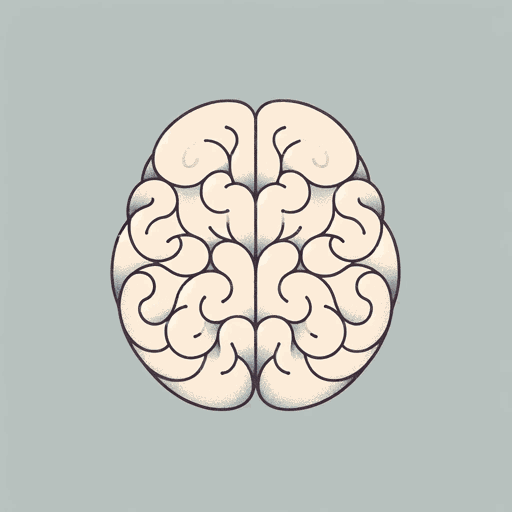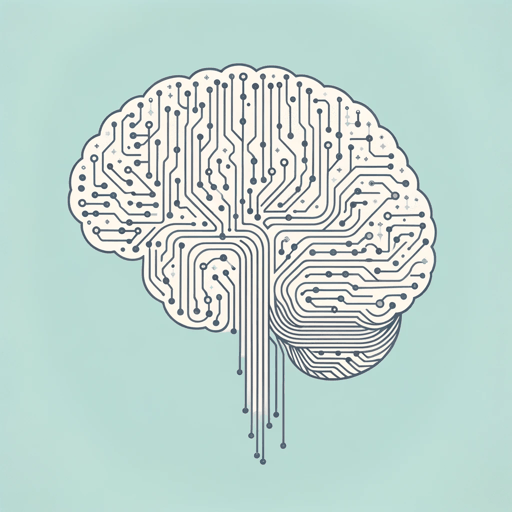54 pages • 1 hour read
Steven PinkerThe Blank Slate
Nonfiction | Book | Adult | Published in 2002A modern alternative to SparkNotes and CliffsNotes, SuperSummary offers high-quality Study Guides with detailed chapter summaries and analysis of major themes, characters, and more.
Part 3Chapter Summaries & Analyses
Part 3
Part 3 Summary: “Human Nature with a Human Face”
Galileo’s statement that the Earth revolved around the sun, rather than the other way around, challenged the Great Chain of Being, an idea that ordered the universe and justified the social order in the 16th and 17th centuries. Pinker believes “the Blank Slate is today’s Great Chain of Being,” in the sense that the order that provides us with meaning and underlies our sense of morality is under attack (138). Pinker recognizes that this idea produces anxieties but believes that we will adjust to new biological facts, in part because the arguments he advances have actually been around for centuries.
Pinker identifies four anxieties about changing conceptions of human nature:
· If people are fundamentally different, then oppression and discrimination can be justified.
· If people are fundamentally amoral, improving the human condition is impossible.
· If people are a result of biology, free will is a fiction and people cannot be held responsible for their actions.
· If people are purely a result of biology, life has no greater meaning or purpose.
In Part 3, Pinker reveals the faulty logic underlying these suppositions. The real danger, he writes, lies in denying new knowledge about human nature.
Related Titles
By Steven Pinker






